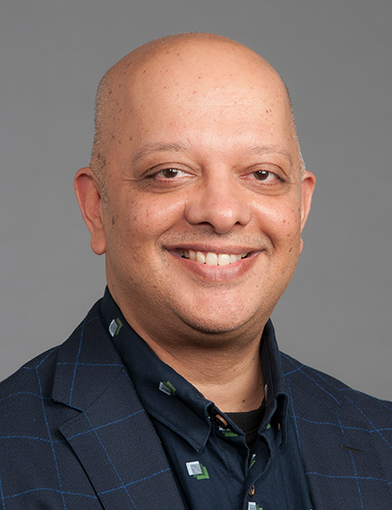About Me
I am an Associate Professor and bioethicist with interest in medical misinformation, patient-clinician communication, persuasion and health behavior, and ethical and policy issues in regenerative medicine, including health disparities and access to regenerative novel care. Projects in my group center on understanding factors that serve as barriers and facilitators to accessing care, how medical misinformation influences patients seeking unproven treatments, and developing and testing interventions to debunk or prebunk misinformation in order to improve health literacy among chronic disease patients considering experimental care. We use a range of social science research methods including qualitative, quantitative, experimental, and mixed-methods, and conceptual and policy analysis.
I have over 125 publications in prominent scientific and medical journals and my research findings have been presented nationally and internationally at academic conferences, and have been featured in the media. In addition, I teach research ethics, ethical and policy issues of regenerative medicine, and the responsible conduct of research to medical, science, and liberal arts students.
Current Projects
- Persuasive Patient Education – To understand how beliefs and perceptions of patients seeking unproven stem cell and regenerative therapies are influenced by misinformation and potential strategies to correct misinformation and elicit behavior change. We are developing persuasive educational interventions and instruments to effectively measure changes in knowledge, attitudes, affect, and behavior change among patients considering unproven stem cell and regenerative interventions.
- Physician Willingness to Correct Medical Misinformation – To identify factors that influence physician willingness to correct medical misinformation and to characterize elderly patient receptivity towards receiving corrective information from their physicians using two case examples: unproven stem cell therapies and Covid-19 vaccination. Data from these studies will be used to develop a scalable patient-physician communication interventions aimed at enhancing empathic communication and misinformation correction.
- Health Disparities Surrounding Orthobiologics as Novel Care – To examine the factors that serve as facilitators and barriers to accessing platelet-rich plasma in the treatment of knee osteoarthritis. The ecological model of health behavior will be used to guide the creation of multiple plausible interventions to reduce impediments and promote equitable access to novel care.

